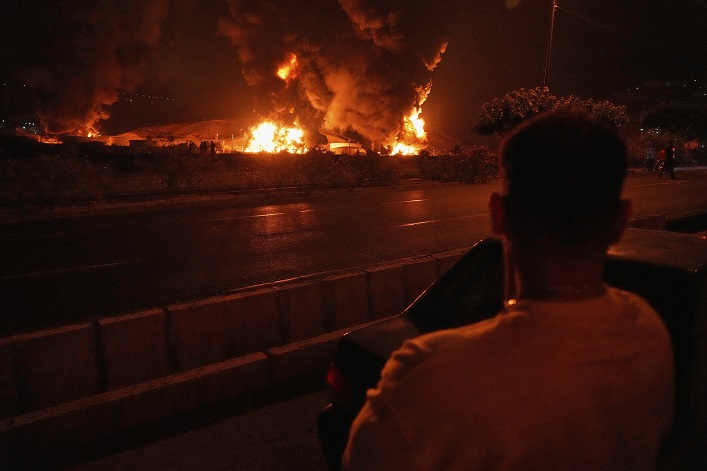How will the conflict between Israel and Iran affect Russia’s military capabilities in its war against Ukraine?


Analysts from the ISW believe that Russia may leverage the rise in oil prices following Israel’s strikes on Iran to sustain a prolonged conflict in Ukraine. Oil and gas revenues make up about 30% of Russia’s budget, playing a crucial role in financing its activities. Therefore, if oil prices remain high, for example, above $60 per barrel, Russia might navigate its economic challenges in funding an extended war in Ukraine more effectively.
Iraq has indicated that the confrontation between Iran and Israel could spark an increase in oil prices to $200-300 per barrel, as potential strikes on Iran’s oil facilities could cut 90% of Iranian exports. The price of Russian Urals oil in rubles has already surged by nearly 15% within a few days.
Moreover, Russia’s involvement in negotiations regarding the Middle East settlement may be an attempt by Putin to divert global attention from the war in Ukraine.
Conversely, there could be some positive outcomes for Ukraine stemming from Israel’s strikes on Iran, as it is highly likely that Iran will no longer be able to supply Russia with ballistic missiles or will dramatically reduce the volume of such supplies. Nevertheless, if the conflict in the Middle East endures, the cost of weapons on the international market, particularly air defense systems that are critical for Ukraine, may rise. Therefore, it would be more advantageous for Kyiv if the two parties were to reach a peace agreement.







